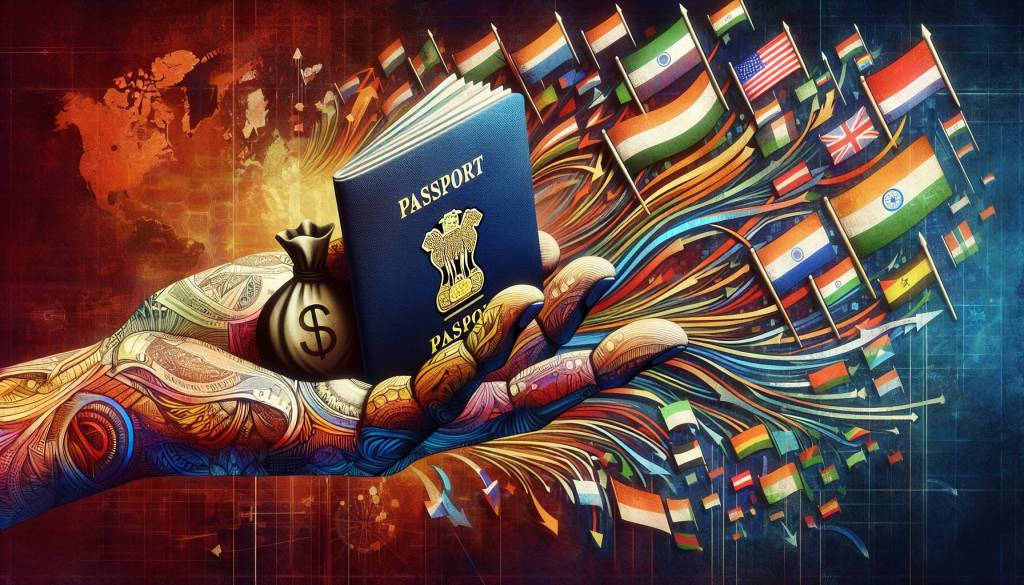No doubt the biggest challenge we have as a personal branding community is organizations feeling that we aren’t loyal. This is especially true for the stereotypical gen-y employee. From the human resources perspective, they want to hire loyal employees because they can add more value to the organization of the duration of their stay. By this, I mean that the more a person becomes situated in a company, expands their internal network, learns organizational processes and adapts to the corporate culture, the more productive they can be and the less the company needs to spend on training them. Research also states that companies tend to pay current employees less than incoming employees. This happens because they feel they don’t need to fight to keep employees and today I have evidence that they are wrong.
When it comes to personal branding, companies are especially hesitant and frightened. The reason is simple and I’ve mentioned this for almost a year now: visibility creates opportunities. By building an eBrand, you are putting yourself in the open and will have more opportunities, which increases the chances you will switch jobs at some point. From the employee’s perspective, they are looking for the best situation for their personal brand, no matter what. From the employers perspective, they don’t want to lose employees because it costs them money to go through the recruitment process (WHICH SHOULD CHANGE ANYWAYS!!!). Companies that try and control and place restrictions on eBranding will be the first to lose employees to others companies that permit it. Companies that are smart should draw their attention to making their place the best place to work, so they aren’t inclined to switching. Part of this is to be OK with personal branding.
Executive Summary
I’ve collected 7 research reports from a variety of sources, in hopes to draw some conclusions on the state of employee loyalty. The findings clearly demonstrate that employee’s aren’t especially loyal the companies and that there is a direct correlation between employee loyalty/satisfaction and customer loyalty/satisfaction. In order to attract and retain employee’s in the digital age, companies must increase benefits, compensation and individual attention. A diverse culture is also important and one where managers treat employee’s with extra care.
NetworkWorld’s Salary Survey 2007 – Loyalty section
- Seekers: Actively on the prowl for a new job
- Explorers: Not actively looking, but keeping their eyes open
- Approachables: Not actively looking, but would respond if personally approached about a job opportunity
- Loyalists: Absolutely committed to current employer
First and foremost, only 13% of respondents felt loyal to their corresponding companies.
- Job seekers find overall compensation, base salary, benefits plus challenge of work and advancement potential as most-important job factors.
- Those in the media and transportation industries more often characterize themselves as approachables than as explorers. The reverse is true for those in all other industries.
- Likewise, those in the Northwest characterize themselves more as approachable than exploring.
- Significantly more senior-level managers can’t envision changing jobs than either middle managers or staff employees.
- Middle managers and staff employees are more likely to follow up on job opportunities than senior-level managers.
- Middle managers are more likely than staff to follow up if approached about a job.
- As is expected, loyalty decreases along with job satisfaction.
ComputerWorld Canada – Tech Workers Loyalty on the Rise
21% said they’re not particularly committed to their companies (down from 33% in 2003).
Gallop Poll – Corporate Diversity Policies Linked to Employee Satisfaction & Loyalty
61% of the employees who rate their company’s diversity efforts in the upper third say they are extremely satisfied with the company.
The Guardian UK – Corporate Social Responsibility Linked to Employee Commitment
58% of employees in the UK thought the social and environmental responsibilities of their organization were important.
Harvard Business School Study – Customer Loyalty Linked to Employee Loyalty
Every 1% increase in staff loyalty resulted in a ½% increase in customer loyalty.
The Wise Marketer – Customer Loyalty Linked to Employee Loyalty
Only 24% of employees consider themselves truly loyal, committed to their organization and its goals, and planning to stay at least two years.
IT World Canada – Top Drivers of Employee Loyalty
- How much care and concern employers show toward their employees, both in career development and in balancing work/family
- Fair workplace policies
- Day-to-day satisfaction and reinforcement from managers
- Compensation












